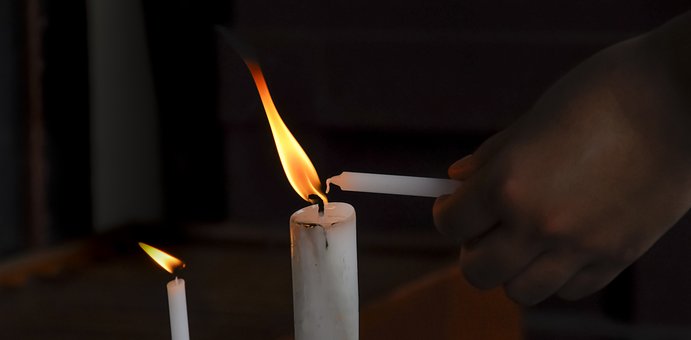Labor leader Keir Starmer has promised that if he wins the next election he will abolish the House of Lords: the upper and decidedly obscure chamber of the British Parliament. The entire name, which seems taken from a parody of Monty Python and is already laughable in English (“The Right Honorable the Lords Spiritual and Temporal of the United Kingdom of Great Britain and Northern Ireland in Parliament assembled”), reaches tragicomic heights in Italian : The Honorable Lords Spiritual and Temporal of the United Kingdom of Great Britain and Northern Ireland meeting in Parliament. Stuff to wonder why they haven’t already abolished it just for that. We are on the side of the spats, the clavichord and the mallet, but while the latter resist in the stories of Scrooge McDuck, in rarely paid amateur concerts and in military history books, the House of Lords lives and fights with us: o better, against us.
An offshoot of one of the oldest parliaments in the world, the House of Lords was where kings placed their loyalists or those they wanted to become. The title, to make it even more grotesque, was inherited by inheritance, and for 92 of them it still is, making a joke by another Labor member, Tony Benn, ever timely: “I don’t believe in the House of Lords inheritance system. Imagine going to the dentist and being told ‘I’m not a dentist, but my father and grandfather were, now open your mouth'”. To be honest Benn had not told the truth to the end, on the other hand he was the son of a baronet who was involved in politics and his full name is on a par with the House of Lords: Anthony Neil Wedgwood Benn, second Viscount of Stansgate. Indeed, Benn had omitted that the false dentist’s father and grandfather were probably not dentists either. And perhaps there had never been a dentist in the family. In short, to stay on metaphors of the oral cavity: you don’t look in the mouth with a gift horse. And if the politician is scarce it does not matter, if he is faithful to the sovereign and if he supports the advantages of others knowing that others will support his, that is enough.
The House of Lords, with scarlet wool suits, fur collars and names that seem to come from ‘Pride and Prejudice’ (two at random: Lord Archer of Weston-Super-Mare and Baroness Bakewell of Hardington Mandeville), has something decadent yet reassuring, like grandmothers’ ornaments and old Christmas movies on TV. It seems eternal and untouchable.
Of course, being rich is not a sin, but keeping others away from riches and opportunities is: it is the specialty of the House of Lords, where the cross-benchers are famous, neither Conservatives nor Labor, only masters of themselves and slaves of their bosses, who vote for convenience, jumping ideological fences with agility despite the heaviness of years and surnames. Of course, her children and companions (see Marta Fascina, elected in the party of her ‘boyfriend’, Silvio Berlusconi) are at every latitude, like long-time lobbyists. They recycle and certainly don’t stop them by closing a Chamber, but Starmer’s initiative is a warning, an urbi et orbi message from the series “it is not so much the House of Lords above you, but the House of Lords within you”. On the other hand, another Labor politician, David Lloyd George, used to say: “Every man has a House of Lords in his head, made up of prejudices, fears and wrong ideas. Often hereditary”.

